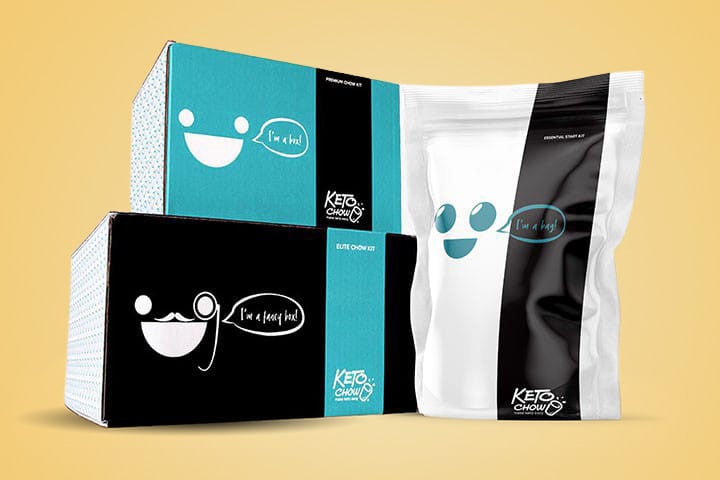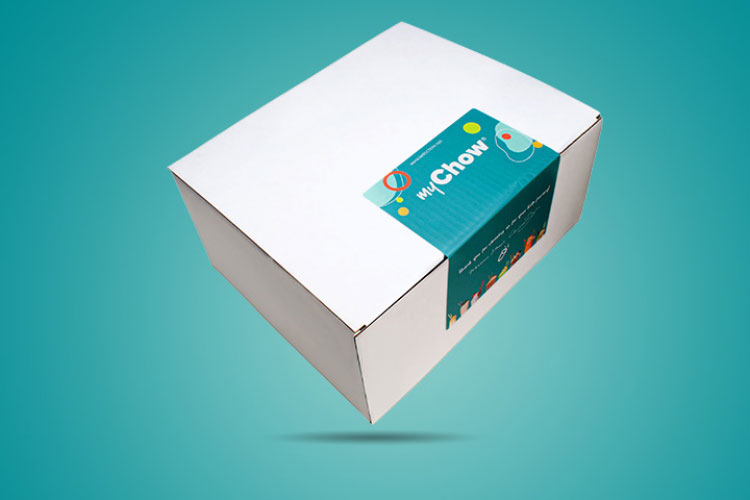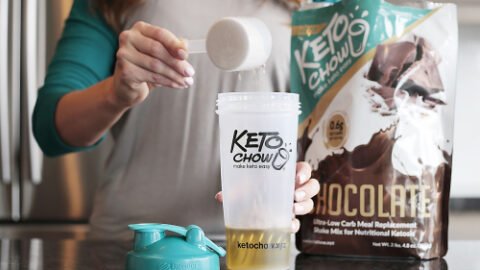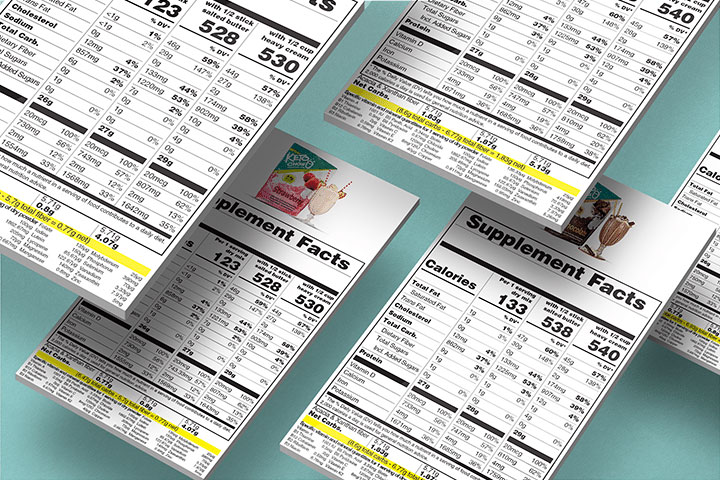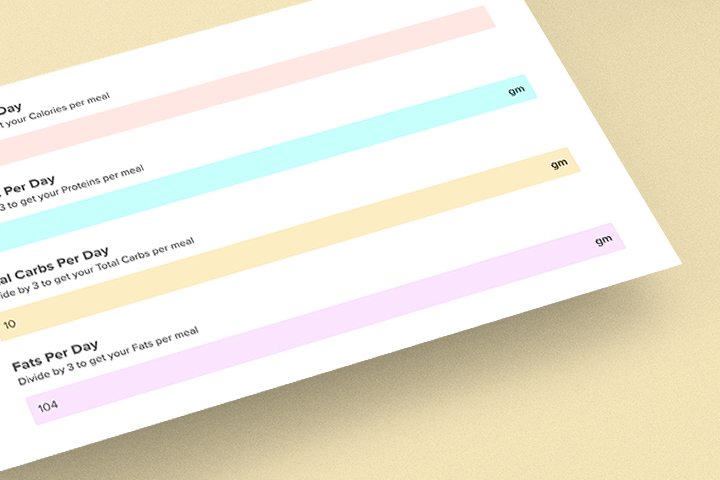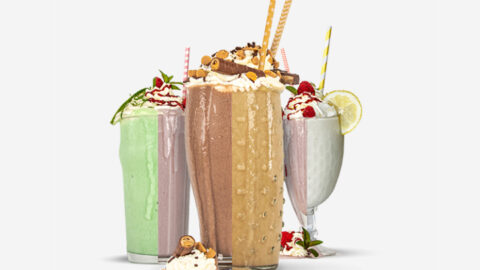Have well-meaning friends and family tried to warn you against trying a keto diet? Have they said something about keto being a fad or a crash diet? Even if you’ve already been eating this way for a while and lost weight, or been able to reduce some of your medications? Is it possible that a way of eating that has been so beneficial could be dangerous?
Let’s take a look at why people think keto might be bad for you and what the research actually shows.
Misunderstandings and Misinformation
Ketosis and ketoacidosis

One reason why people may be afraid of keto diets is confusion between nutritional ketosis and diabetic ketoacidosis. Just because these both have “keto” in their name doesn’t mean they’re the same thing. These metabolic states are very different.
One of them—nutritional ketosis—is safe, perfectly in line with normal human physiology, and likely even beneficial, while the other –ketoacidosis—is indeed dangerous. Ketoacidosis does not develop in people following healthy ketogenic diets unless there’s an underlying medical complication or medications have not been adjusted properly.
(Read our article on the differences between ketosis and ketoacidosis for more details on why you don’t need to worry about acidosis on a keto diet.)
Keto and kidney function

Beyond that unwarranted fear, people have concerns that keto diets are harmful for kidney function or that eating this way can cause gallbladder problems. Not only are low-carb keto diets not harmful for the kidneys, but this way of eating may actually be helpful for people with chronic kidney disease.
The two biggest risk factors for kidney disease and kidney failure are type 2 diabetes and hypertension (high blood pressure), so considering keto diets can improve both of these, it stands to reason that keto could be beneficial for kidney function. (Watch this video for more on low-carb diets and kidney health.)
Gallstones

As for the gallbladder, keto diets don’t cause gallstones to form or cause gallbladder attacks. Long-term low-fat diets are actually what cause bile to stagnate in the gallbladder and form stones. Eating dietary fat causes the gallbladder to contract to release bile, which helps with digesting fat.
So if you spend a long time on a very low-fat diet, the bile backs up in your gallbladder. If you jump into a keto diet all at once and start eating a lot more fat than your body is used to, your gallbladder “wakes up” and starts contracting to release bile, and this dislodges the stones.
A keto diet didn’t cause the stones to form, but if you’ve eaten a very low-fat diet for a long time, be careful when adding more fat back into your diet. (Learn more about doing keto with and without a gallbladder here.)
What about cholesterol?

Another reason people think keto diets are dangerous is because of what might happen to blood cholesterol levels. Most people who go keto find that their total cholesterol and LDL-cholesterol (LDL-C) decrease, but in a small percentage of people, these go up.
The thing to know is, higher total cholesterol or LDL-C isn’t automatically a problem. (See our article about cholesterol here.) High cholesterol by itself doesn’t cause cardiovascular disease.
Type 2 diabetes and insulin resistance are far stronger risk factors for heart disease than high cholesterol is. And since keto diets are excellent for lowering blood sugar and insulin, in most cases eating this way actually improves cardiovascular health and reduces risk for heart disease.
As for concerns about keto diets being dangerous because they may be high in animal protein or saturated fat, myths surrounding these being harmful were debunked long ago, despite them persisting in popular culture.
Historical problems for keto

Keto diets aren’t new. They’ve been used medically for over a hundred years, and it was known even longer ago that cutting back on sugary and starchy foods was helpful for weight loss and diabetes. Unfortunately, when the medical ketogenic diet first started being implemented in children with epilepsy (around the 1920s), it was a much stricter version than is used now.
Not only was carbohydrate severely restricted, but upon starting the diet, children with epilepsy were also told to restrict protein and fluid intake, and many of them began the diet with a multi-day fast. This led to cases of growth stunting, kidney stones, and other problems.
The thing to know is, the kind of “keto diet” that most people use for weight loss, diabetes, and improving overall health isn’t the same as the keto diets that were used a century ago for preventing seizures. And even in the epilepsy world today, the diet is not as draconian as it was back then.
Do the keto diet properly

When done properly, ketogenic diets are safe and do not induce the problems that occurred decades ago when much less known about how the diet actually works. The key phrase there is, “when done properly.” This means a keto diet that provides adequate protein, healthy fats, and a small amount of carbohydrate from whole foods, such as non-starchy vegetables and lower-sugar fruits, like berries.
Keto also provides adequate micronutrients (vitamins and minerals, including electrolytes), proper hydration, and does not require extended fasting.
Benefits of keto

When done safely, keto diets are the opposite of dangerous. It’s not an overstatement to say they can be life-changing.
They can put type 2 diabetes into remission, restore hormone balance in PCOS, reverse non-alcoholic fatty liver disease (NAFLD), improve irritable bowel syndrome (IBS), make heartburn or acid reflux a thing of the past, reduce the frequency and severity of migraines, and they can even help conditions that have no other effective dietary treatment, such as lipedema and McArdle disease (a type of glycogen storage disease).
Exciting new research points to keto also being helpful for psychiatric conditions, such as bipolar disorder, anxiety, and major depression. It might even help people afflicted with binge eating disorder.
So all things considered, are keto diets dangerous?

No. What’s dangerous is having type 2 diabetes, high blood pressure, a fatty liver, metabolic syndrome, craving sugar nonstop, binging uncontrollably, and having a reduced quality of life because of limited mobility from obesity—all of which following a keto diet can either free you from completely or at least improve substantially.
As always, remember to consult your healthcare provider before starting any new diet—particularly if you take medication for diabetes, high blood pressure, or mental health issues, as these may need to be adjusted very shortly after beginning keto.
Make keto easy
If you’re ready to start the keto diet but don’t want to meal prep, then check out Keto Chow. Keto Chow is a meal replacement shake with 1/3 of your daily nutrients. Simply add a packet of Keto Chow, your choice of fat and at least 16 oz. of water into a BlenderBottle®. Then shake, refrigerate and enjoy!


